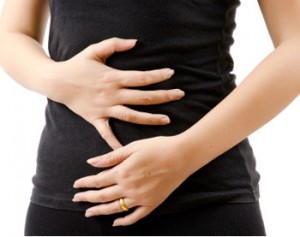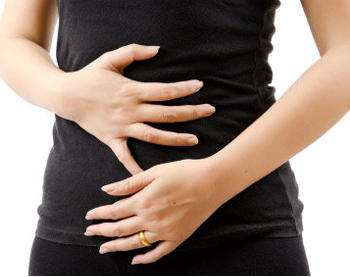 Common digestive problems may be caused by several factors, from certain ingredients in a meal to underlying digestive disorders. In many cases, common digestive problems can be treated with a healthier diet or over-the-counter medications to relieve temporary pain and discomfort. However, persistent problems may indicate a digestive disorder. Patients whose digestive symptoms seem to linger or worsen over time should visit a gastrointestinal specialist. In cases of severe symptoms, special procedures such as endoscopic retrograde cholangiopancreatography (ERCP) may be prescribed.
Common digestive problems may be caused by several factors, from certain ingredients in a meal to underlying digestive disorders. In many cases, common digestive problems can be treated with a healthier diet or over-the-counter medications to relieve temporary pain and discomfort. However, persistent problems may indicate a digestive disorder. Patients whose digestive symptoms seem to linger or worsen over time should visit a gastrointestinal specialist. In cases of severe symptoms, special procedures such as endoscopic retrograde cholangiopancreatography (ERCP) may be prescribed.
Acid Reflux
During acid reflux, the acid in the patient’s stomach rises up into the esophagus. This typically occurs due to issues with the lower esophageal sphincter, or valve-like structure that separates the stomach from the esophagus. Acid reflux may be caused by acidic foods such as pepper, citrus, and tomato products. Mild acid reflux may be successfully treated with over-the-counter medications such as antacids.
Heartburn
Heartburn is one of the main symptoms of acid reflux. While the terms heartburn and acid reflux may be used interchangeably, the primary difference is that acid reflux is a condition and heartburn is a symptom. Heartburn often creates a burning sensation in the upper chest due to irritation from stomach acids in the esophagus. Severe and persistent cases of heartburn may indicate GERD, or gastrointestinal reflux disease.
Peptic Ulcers
It is estimated that 25 million Americans will develop a peptic ulcer at some point. Peptic ulcers are sores in the stomach’s lining or the first part of the small intestine, called the duodenum. In severe cases, peptic ulcers can cause internal bleeding or eat through the stomach or intestinal wall. This can lead to infection. Persistent, unexplained stomach pain should be evaluated by a medical professional immediately.
Symptoms of peptic ulcers may include:
• Unexplained stomach pain or burning
• Heartburn
• Bloating
• Nausea
• Vomiting, including blood in severe cases
• Dark stool due to intestinal bleeding
• Unexplained weight loss
• Severe mid and upper-abdominal pain
Constipation
Constipation is defined as dry, hard stool which is typically difficult to pass. In a number of cases, constipation can be caused by lifestyle factors such as poor diet, poor hydration, lack of exercise, and fiber deficiency. Constipation may also be caused by medications used to treat conditions such as depression, stress, and anxiety. When it occurs on infrequent occasions, constipation may not be a cause for concern. However, frequent and sudden constipation can indicate dangerous conditions such as colon cancer. Patients with unusual constipation patterns should be evaluated by a medical professional.
